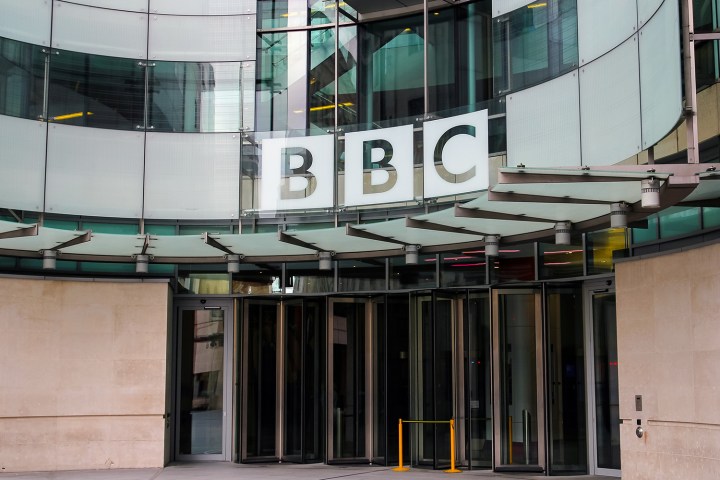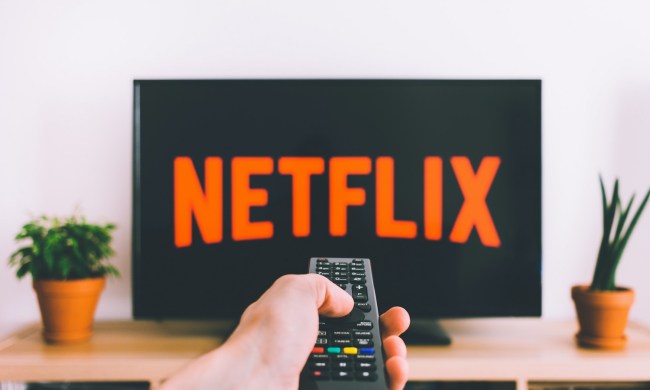
Following a white paper released last week on the future of the BBC that suggested “some form of additional subscription services,” the broadcaster is looking into developing a streaming service of its own, The Telegraph reports. The streaming service would be powered by the BBC’s iPlayer technology, which already supports viewing both on-demand and live-streaming content, and is said to be proceeding under the working title Britflix.
This streaming service wouldn’t be restricted solely to BBC content. The broadcaster is currently in talks with its commercial rival in the U.K., ITV, as well as NBCUniversal. The BBC and ITV alone would provide substantial back catalogs, while NBCUniversal is the parent company of Downton Abbey production company Carnival Films.
“We’re moving into a different world where more and more content is going to be made available on demand,” U.K. culture secretary John Whittingham told The Telegraph. “Collaboration with other broadcasters and other production companies, we think, is important.”
The large catalog would provide much of the initial draw, but this could just be the beginning. The current plants would have Britflix eventually producing its own original content, similar to Netflix, Amazon, and Hulu.
The BBC hasn’t issued an official statement so far, which leaves plenty of questions about the service. Whether the streaming service would only be available in the U.K., or what would happen to BBC shows that are currently available on other streaming services is currently up in the air.
One thing U.K. viewers don’t have to worry about is suddenly having to subscribe to a new service to watch their favorite shows. The BBC has been adamant that new seasons of existing content won’t suddenly be moved behind a pay wall.

